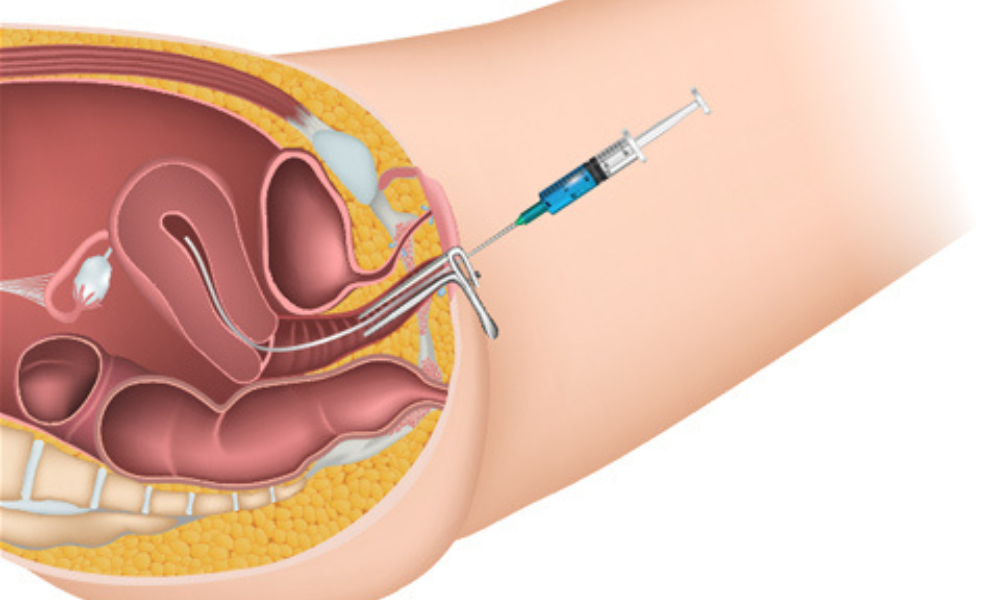
Is Intrauterine Insemination a Successful Fertility Treatment?
A form of assisted human reproduction, intrauterine insemination or IUI fertility is a procedure during which a doctor places prepared, washed sperm into the uterus to meet the egg during a woman’s ovulation. Many times, IUI is used alongside fertility drugs to boost the chances of conception.
The success of this procedure varies greatly by age and infertility cause and severity. Your doctor will examine your history and advise you on what your chances of success with IUI might be.
Could IUI Benefit You?
An IUI procedure might help you if:
• Your male partner has low sperm motility or a low sperm count
• You cannot have sex due to an injury or disability
• Your partner suffers from premature ejaculation
• You have a mild case of endometriosis
• You or your partner have unexplained fertility problems
If you are a woman in a same-sex relationship or single, IUI with a sperm donor might be a viable option.
Your fallopian tubes must be healthy and open for IUI to work. To determine whether this is the case, you will have to undergo a tubal patency test. This test can be done using laparoscopy–a form of keyhole surgery–or a type of X-ray known as hysterosalpingogram. Both of these tests might be able to locate blockages or issues in your Fallopian tubes or uterus.
If you have scarring or adhesions that might prevent an egg from traveling to your uterus from your ovary, IUI isn’t recommended. However, if you have at least one working ovary and Fallopian tube, it is a potential option.
How Long Does An IUI Fertility Procedure Take?
IUI fertility is a straightforward procedure that normally only five to ten minutes. If you need to have a stimulated cycle, you will have to take the fertility drugs before ovulation begins.
You will likely need more than one cycle for success. If you are experiencing unexplained fertility issues, have mild endometriosis or your partner has a low sperm count, up to six treatment cycles are recommended. You do increase your chances of becoming pregnant if you keep trying.
What to consider?
There are some downsides to IUI. Insemination timing is critical, for example, your partner must be able to produce a sperm sample at the clinic. The IUI procedure itself can cause cramps that are similar to menstrual pains, and it can be uncomfortable for you if there is any difficulty inserting the catheter.
When you have stimulated cycles, this is a small risk you can develop ovarian hyperstimulation syndrome (OHSS). This is a serious condition that occurs when your ovaries over-respond to the fertility drugs you are taking to ovulate. In OHSS, the ovaries quickly swell up to many times their normal size, and they can leak fluid into the abdomen, causing weight gain and feelings of bloating and fullness. If you have any concerns about this treatment, your fertility treatment provider will review those concerns with you prior to the procedure.
Speak to a fertility doctor about whether IUI is a viable option for you. Your doctor will be able to fully explain the risks, benefits and possibilities of success using this treatment in your particular case.
To book an appointment with one of Tripod Fertility fertility specialists, please click here.

